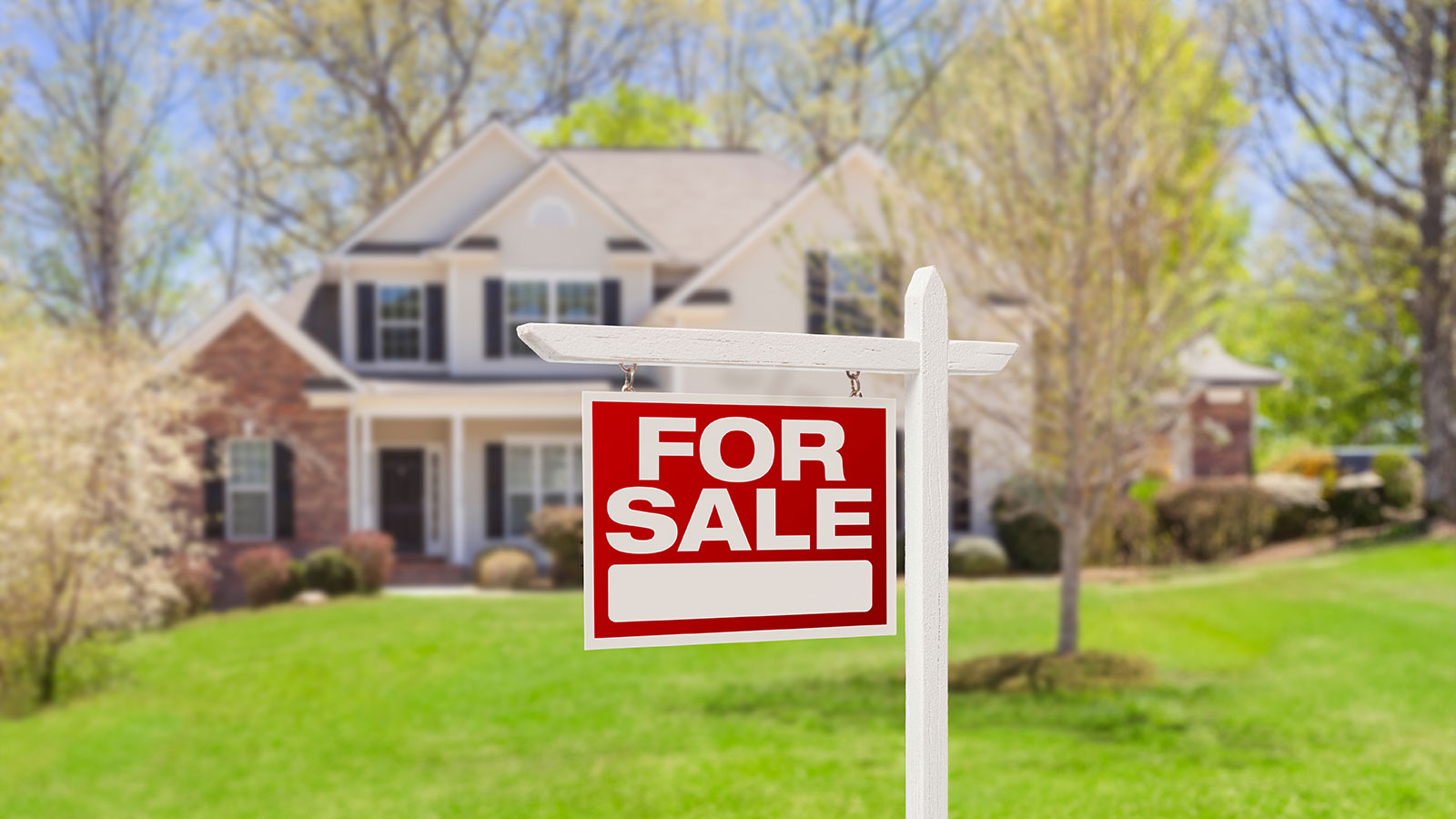Capital Gains Tax Exclusion on Sale of Primary Residence
Never miss a thing.
Sign up to receive our Tax News Brief newsletter.

After several years of a booming real estate market, taxpayers are now finding themselves with a home that has appreciated well over their purchase price. Many may be wondering, “What will this mean for my tax liability when I sell?”
The good news is that the Internal Revenue Service (IRS) allows an exclusion for capital gains generated by the sale of a primary residence; however, the taxpayer must pass certain tests to qualify. These tests include:
- Automatic disqualification: This occurs if the property was acquired through a like-kind exchange during the last five years or if the taxpayer is subject to expatriate tax.
- Primary residence: The taxpayer must own the home and use the property as the primary residence for 24 months out of the previous five years.
- The months of residency do not have to be continuous.
- If married and filing jointly, both spouses must pass the residency test to qualify for the full gain exclusion allowed, but only one spouse is required to have owned the home for this time.
- If the taxpayer becomes unable to care for themselves, the residency test is shortened to 12 months out of the last five years. Any time spent in a state-licensed care facility, such as a nursing home, counts toward the second year to meet the test.
- Exclusion eligibility: The exclusion is only allowable if the taxpayer did not sell another home during the two-year period before the sale in question, or if a sale occurred but the gain exclusion was not utilized on the previous sale.
- Exclusion exceptions: There are some exceptions to either the ownership/occupancy tests or limit the amount of exclusion allowed. If any of the below apply to you, please speak with your tax advisor:
- Separation or divorce during the ownership of the home
- Death of a spouse during the ownership of the home
- Sale involving vacant land
- Sale of a remainder interest in the home
- Taxpayer’s previous home was destroyed or condemned
- Taxpayer was a service member during the ownership of the home
- A portion of the property was used for business or rental use
- The entire property was used as a vacation home or rental after the year 2008
If eligible, single and married-filing-separately taxpayers may exclude up to $250,000 of capital gain. Taxpayers filing as married-filing-joint and surviving spouse may exclude up to $500,000 of capital gain. Any gain over the exclusion amount will be subject to tax at the long-term capital gain rate plus net investment income tax, if applicable.
Taxpayers wanting to make the most out of their investment before the housing market cools need to be aware of any tax implications generated by a sale. Contact us with your questions about mitigating potential tax from the sale of your primary residence. Our professionals are ready to help.
©2025
